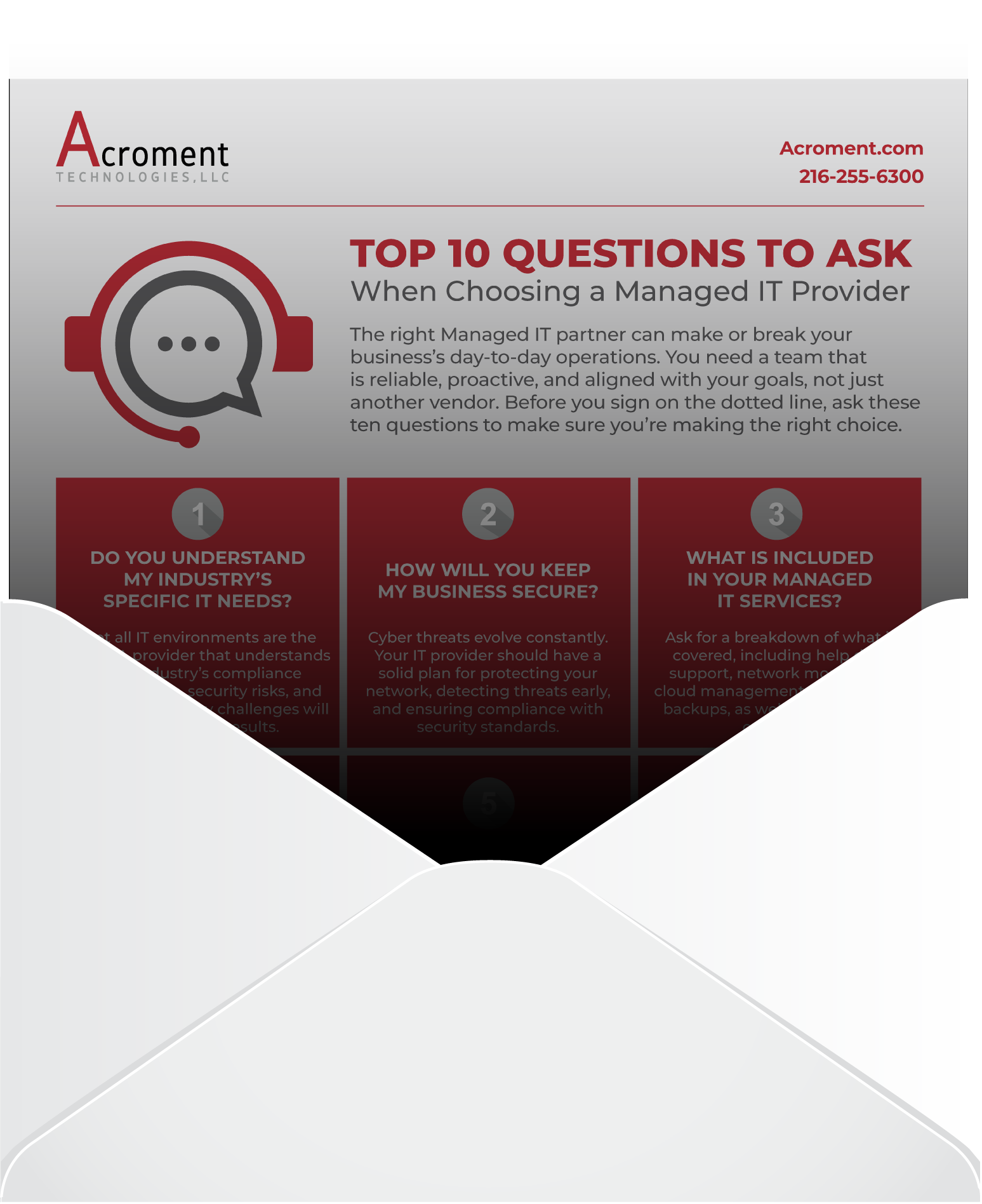The Hidden Danger of Malvertising
Think about the last online ad you clicked on…did you assume it was legitimate?
If so, you’re not alone—and that’s exactly what scammers are counting on.
Malvertising, or malicious advertising, is when cybercriminals use online ads to trick you into downloading malware, sharing sensitive information, or even handing over money. These attacks are becoming more sophisticated, posing a growing threat to businesses of all sizes.
Even worse? You don’t have to click on an ad to become a victim.Just loading an ad in an outdated browser can be enough to compromise your device.
Common Malvertising Tactics
There are three primary ways cybercriminals use malvertising to target users:
1. Scam Malvertising
These ads claim your computer is infected and urge you to call a “support” number. Once you do, scammers convince you to install software that gives them control over your system—then charge you to “fix” a problem that doesn’t exist.
2. Fake Installer Malvertising
This method tricks you into downloading malware by using ads that lead to cloned websites of trusted brands. Thinking the site is legitimate, you download what appears to be a real program… only to unknowingly infect your device.
3. Drive-By Download Malvertising
The most dangerous of the three, drive-by downloads infect your system without you even clicking on anything. These attacks exploit outdated browsers to install malicious files or extensions automatically.
How to Protect Your Business from Malvertising
1. Stay Skeptical of Alarming Ads
If an ad claims your device is compromised and urges immediate action, stop and think: How would this company know anything about your computer? Scare tactics are a red flag.
2. Double-Check Links Before Clicking
Before clicking on an ad, hover over the link to see where it’s actually sending you. If it looks suspicious or doesn’t match the company’s official website, avoid it.
Running the latest version of your browser is crucial, as updates patch vulnerabilities that malvertising often exploits. Make sure your team’s devices are also up to date.
Educate Your Employees – They’re Your First Line of Defense
Your employees play a vital role in keeping your business safe. Training them to recognize suspicious ads can prevent costly security breaches. Encourage a culture of awareness—because scammers rely on blind trust.
Scammers want you to click before you think. But a healthy dose of skepticism can make all the difference. The next time an ad feels suspicious, trust your gut… and think twice before clicking.
Want to train your team to protect your business from malvertising and other online threats? The Acroment team can help—get in touch today!


